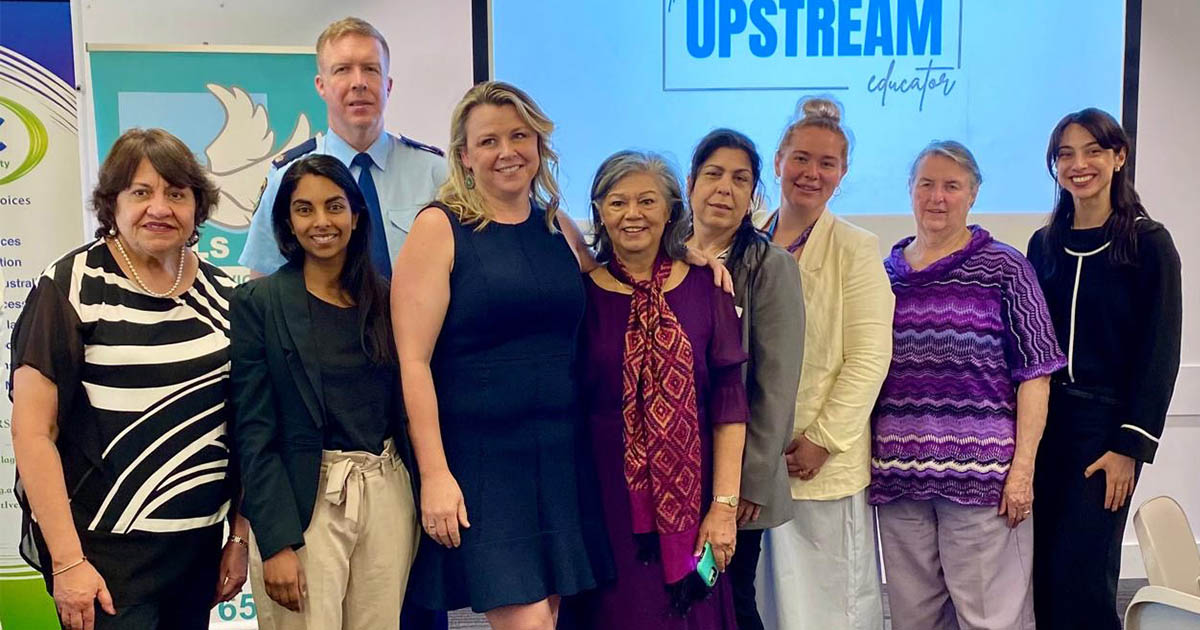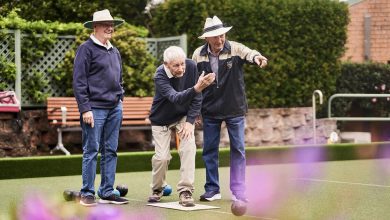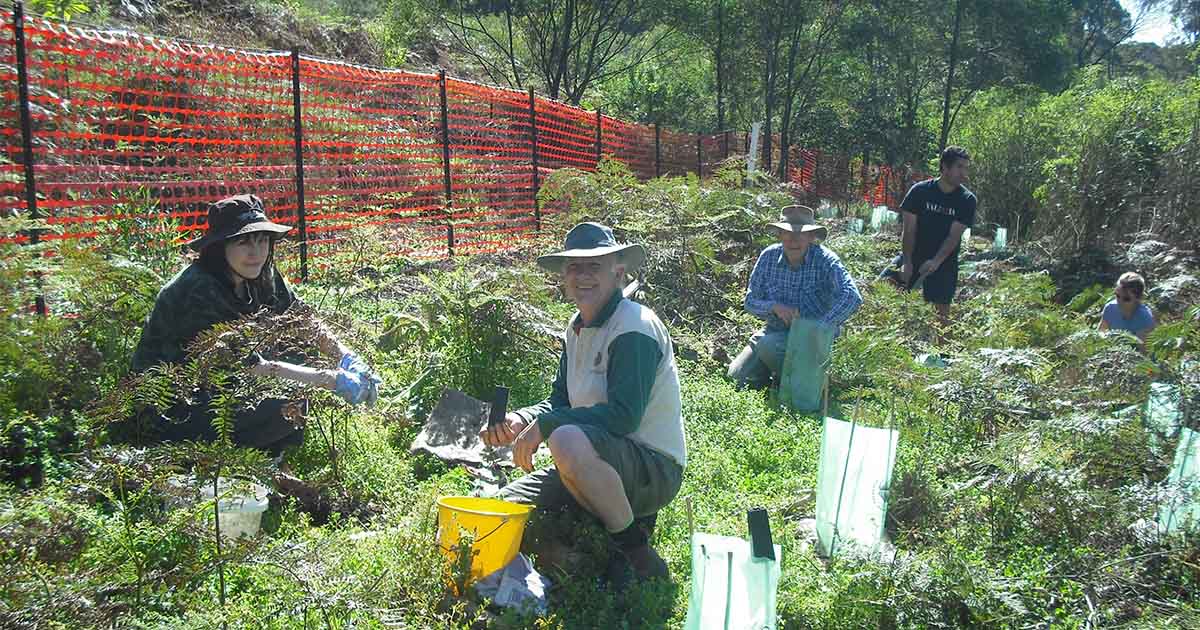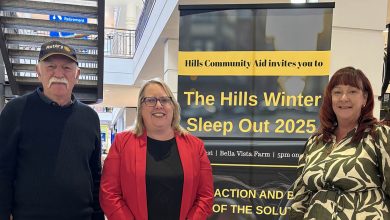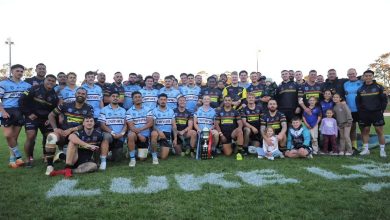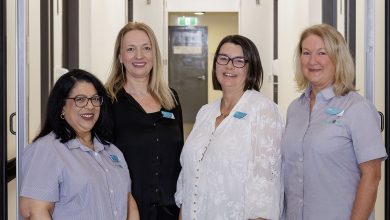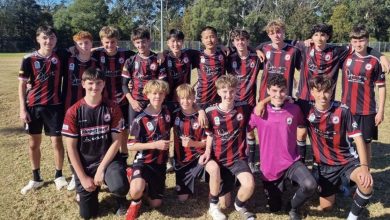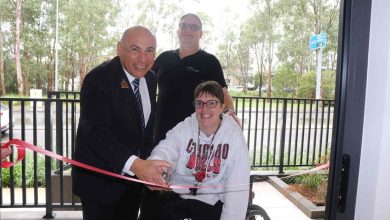DV Network Coercive Control
The Hills Domestic Violence Prevention Network (HDVPN) hosted an overwhelmingly positive Domestic Violence forum at the Castle Hill Cultural Centre on the topic of Coercive Control in Practice.
The forum, held on 18th September, was attended by members of the community, frontline workers, government staff, and students, all eager to gain practical insights into how coercive control operates and how to support those affected, making them better prepared to manage these situations in their own contexts.
Under the leadership of Uma Menon, Co- Chair of HDVPN and Chair of the Forum, the event was a deliberate response to what the community has been asking for: clear, practical information on how to identify coercive control and support those experiencing it.
“The topic of coercive control struck a chord with the community, and rightly so,” Uma said.
Paula Smith, founder of Upstream Educator, Investigator, and Survivor Strategist facilitated a powerful presentation on coercion, Visa weaponisation, cultural safety, and technological abuse.
Using case studies, Paula’s approach enabled participants to engage deeply with the content, helping them identify coercive control behaviours, such as isolation, monitoring, financial control and restricted freedom.
Coercive control refers to a series of sustained behaviours intended to make a person dependent, isolate them from support, exploit their resources, deprive them of independence and regulate their everyday behaviour. This might include restricting the victim’s movements, isolating them from friends and family, controlling their access to money, and using intimidation to instil fear.
Coercive control is now recognised as a criminal offence in NSW, and offenders can face up to seven years in prison for this kind of abuse.
Recognising coercive control requires education and collective awareness— understanding what it looks like, how it starts, and what we can do to stop it.which is why the Hills Domestic Violence Prevention Network (HDVPN).
Held the forum which brought together a diverse range of community representatives, including panellists and the DV Forum committee.
The collaborative case studies demonstrated the power of sharing knowledge across the community to better support people compounding the impact that coercive control can have on people experiencing cultural and linguistic barriers and disability. Participants learnt from one another to better understand ways to tailor their support approaches.
Uma Menon highlighted the importance of this approach, stating: “Participants came away more open-minded and felt better equipped with information and resources to support victimsurvivors effectively.”
Feedback from participants was overwhelmingly positive, with an 81% engagement rate and 83 attendees noting a significant increase in their understanding of coercive control.
Alexandra Duckett, Castle Hill said: “What resonated deeply with many of us in the room was simply asking victim survivors “what’s your highest priority right now?” – there is so much power in curiosity and listening, rather than making assumptions.”
Many participants left with a greater awareness of the different forms of coercion, improved confidence in recognising these signs, and practical strategies for providing support to respond effectively to coercive control.
For more information about the Hills Domestic Violence Prevention Network, email: [email protected]. For more information and support around Coercive Control or other forms of domestic violence, call 1800 Respect (1800 737 732) or text 0458 737 732.
HDVPN would like to thank Paula Smith for presenting, the panellists, and the Hills Shire Council for their support of this. Call 1800RESPECT (1800 737 732) for 24/7 support.

